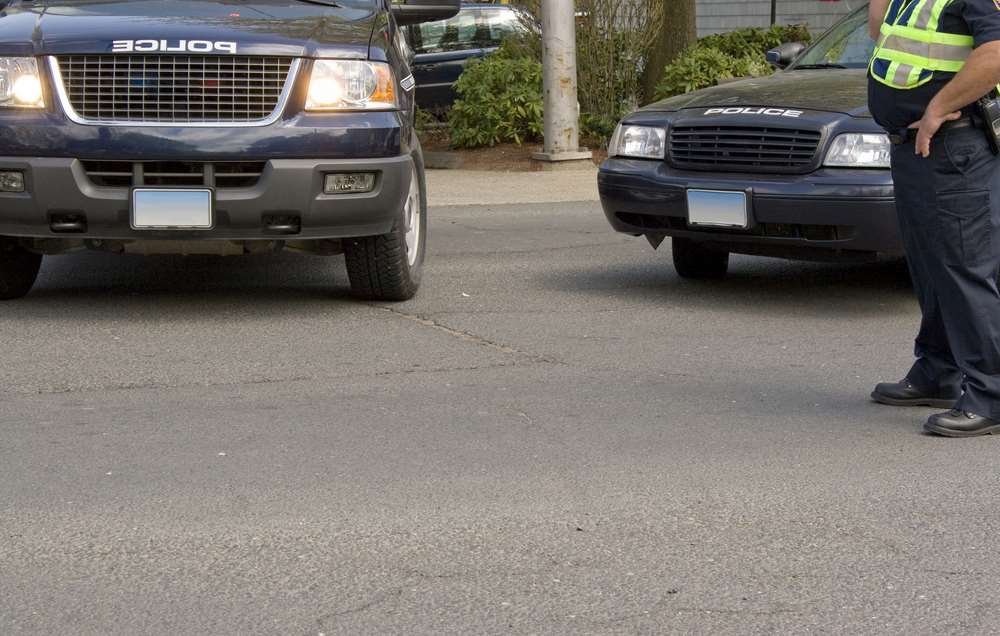A guide on how to become a police officer
Published by Gbaf News
Posted on January 16, 2018
4 min readLast updated: January 21, 2026

Published by Gbaf News
Posted on January 16, 2018
4 min readLast updated: January 21, 2026

If you have decided to become a police officer, I hope it is not simply because of the daring characters you get to see in movies. Because the role of a police officer is way more than that, which demands higher standards as compared to many other career options. The position of a police officer defines honesty, responsibility and integrity. As a police officer, you will be responsible for enforcing laws and protecting life and property. You might even have to work round the clock on certain days, procuring warrants, arresting criminals, interviewing suspects, as well as, write detailed reports, and state the entire situation in court.
This act of serving the community in a meaningful and impactful way under the law of the state requires extensive and specialized training. The training will be provided by police academies on the local, regional or state level, but you need to have certain skills along with the passion for this profession. Some of the mandatory requirements to become a police officer are you need to be a citizen of the particular country you want to serve and meet the legal age specified by the law of your country. You also need to have a clean criminal record along with physical strength and stamina, agility, adequate vision and hearing, and mental strength. A thorough background investigation is done during the interview process and most applicants are asked to undergo polygraph exams to determine their level of truthfulness and are asked to submit drug test reports. Moreover, to ensure your physical capability to perform the duties of a law enforcement officer and to check your ability to undergo the rigorous police academy training, you will be asked to participate in some sort of physical ability tests. An overall check-up of your body is done to make sure all the organs in your body are strong enough to take up the heavy duty as a future police officer.
One should have empathy, perceptiveness, leadership skills, strong intuition and dedication to uphold the law. You need to have leadership qualities and good judgment as a police officer to assess the present situation and to instruct others on what steps to follow to keep a situation under control. You need to have the capability to read between the lines, understand the problem of the civilians and work accordingly.
You need not have higher degrees to become a police officer but, you should at least pass high school or GED. But there are certain law enforcement organizations at the federal level ask for a bachelor’s degree or associate’s degree or sometimes postsecondary education credits. Moreover, if you hold a law enforcement degree, you will have exposure to potentially higher pay with better promotion opportunities. Tough the rules and regulations of educational qualification completely depend upon the jurisdiction of the state you want to serve.
To get admitted into a police academy, you must have a passing score on an entrance exam organized by the jurisdiction. If you have prior military experiences such as familiarity with firearms, mental toughness, physical conditioning, disciplined routine and an ability to deal with command structure, it will be an added advantage. Certain community colleges provide multiple options for students who want to become police officers. So if you are already determined about this profession, you can start preparing early.
Once you graduate from the police academy which will focus on stronger communication skills, better knowledge of federal, state, and local laws, you will have to get involved with field training. Newly hired police officers go through an extensive training period of approximately three months, encountering real-life possibilities of becoming a police officer. Growth and salary of a police officer are based on experience, skills, training, performance reviews, and scoring well on a written promotion exam. But with more growth, comes more responsibility.
There are several sub-sections under law enforcement, which includes detective, mounted officer, animal control and enforcement, wildlife and conservation, marine patrol, traffic enforcement, general law enforcement, investigative agencies and cybercrime. But all these positions demand specific education and you need to research your choice of interest. With a proper educational degree and skills you can also seek promotion to the supervisory ranks. The first-line supervisors of police and detectives include sergeants, lieutenants, and captains.
Having said and done, I would like to conclude that the role of a police officer, though demands a huge sacrifice, brings a lot of respect to you and your family.
Explore more articles in the Top Stories category











